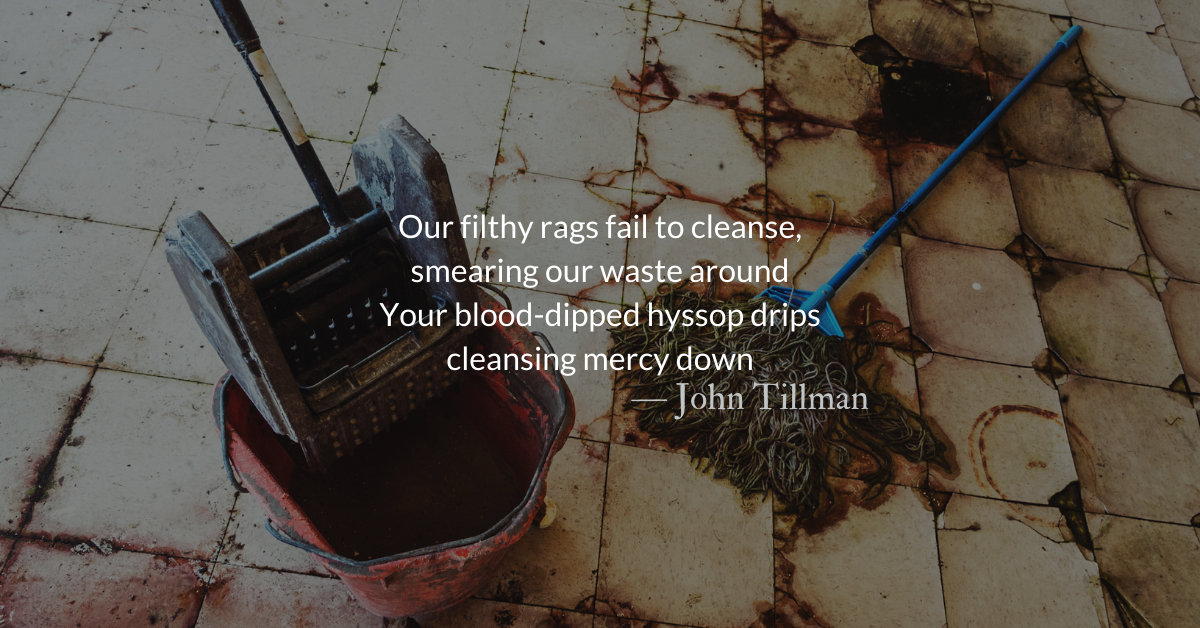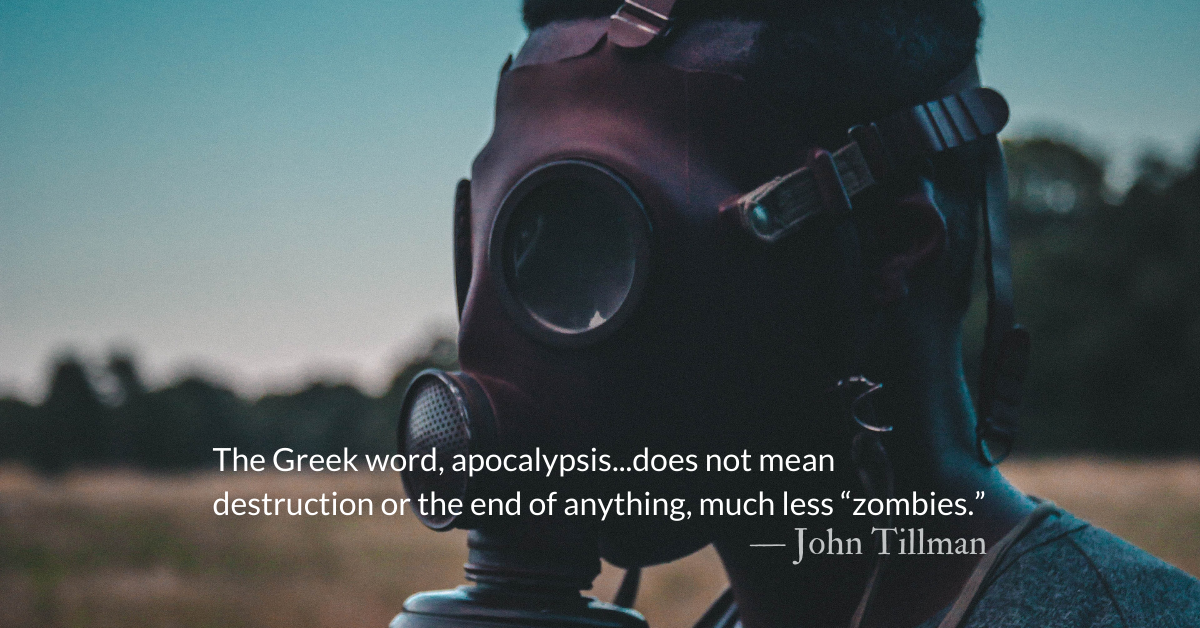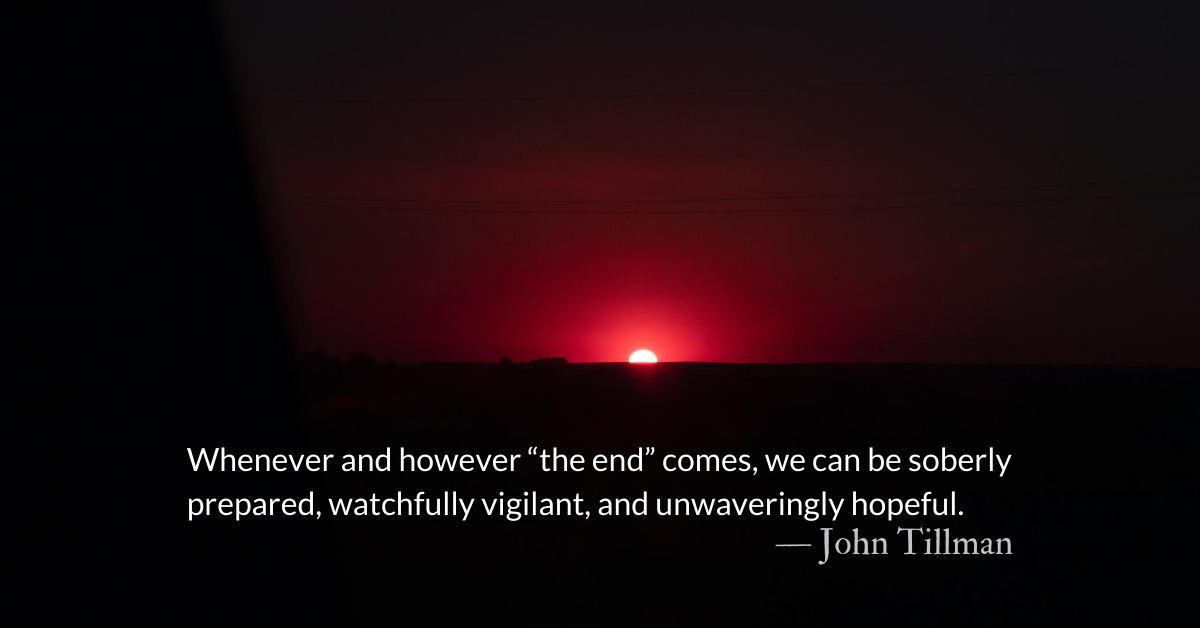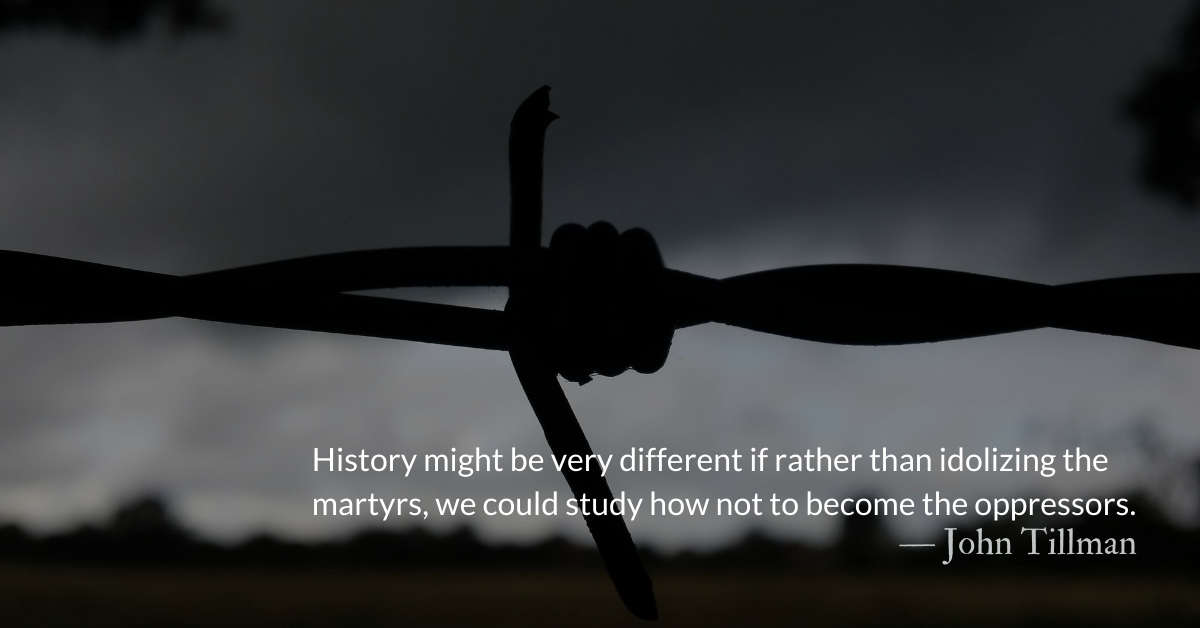Scripture Focus: Psalm 51.1
1 Have mercy on me, O God,
according to your unfailing love;
according to your great compassion
blot out my transgressions.
Reflection: Have Mercy—Guided Prayer
By John Tillman
We think of sins as individual actions but that is only one dimension of sin.
David’s words, “against you, and you only, have I sinned,” do not mean that he did not sin against Bathsheba, or Uriah, or Joab, or against his whole nation. He sinned against God by bringing harm to those God cared for, who included Bathsheba, Uriah, Joab, and the entire nation.
David’s confession, often prayed by individuals to confess failings, acknowledges that David’s so-called individual sin brought harm upon more people than just himself. The healing brought by the confession will likewise be collective, not individual. David writes that his confession and God’s mercy will “prosper Zion” and “build up the walls of Jerusalem.”
Pray this pluralized version of Psalm 51 this week, confessing not only our individual sins but the sins of our communities, churches, and nations.
Have Mercy
Have mercy on us, O God.
Yours is the only love unfailing
We pile up great, unending heaps of transgression
You pour out great, enduring floods of compassion
Have mercy on us, O God.
You are the only righteous judge.
Our sins fill the earth and reach the skies
Your justice rolls like rivers, comforting mothers’ sighs
Have mercy on us, O God
You alone bring new birth
We toil in darkness, faithless, broken, aimed toward death
You clothe us in light, resurrect faith, make us blessed
Have mercy on us, O God
You are our only holiness
Our filthy rags fail to cleanse, smearing our waste around
Your blood-dipped hyssop drips cleansing mercy down
Have mercy on us, O God
Your purity stands alone.
Our ruin rots beautiful things. Our touch drips decay and doom
Where your fingers trace, truth, love, and beauty bloom
Have mercy on us, O God
Redeem our sin-wracked ways
Our errors and crimes, cause pain, hurt, and harm
Your grace comes behind us, with love as your balm
Have mercy on us, O God
Make our lives a lesson
Our efforts are selfish, our success is hollow
Your mercy to us teaches sinners to follow
Divine Hours Prayer: The Small Verse
The people that walked in darkness have seen a great light; on those who live in a land of deep shadow a light has shone. — Isaiah 9.1– Divine Hours prayers from The Divine Hours: Prayers for Summertime by Phyllis Tickle
Today’s Readings
Ezekiel 12 (Listen – 4:26)
Psalm 51 (Listen – 2:19)
Read more about Rend Your Hearts
When we rend our heart in community with others, we invite God’s power to work in us for redemption and restoration.
Read more about The Radical Procedure of the Gospel
It’s lovely to think of God giving us a new hear…But it is terrifying to admit to the diagnoses that would lead to such a radical procedure.











